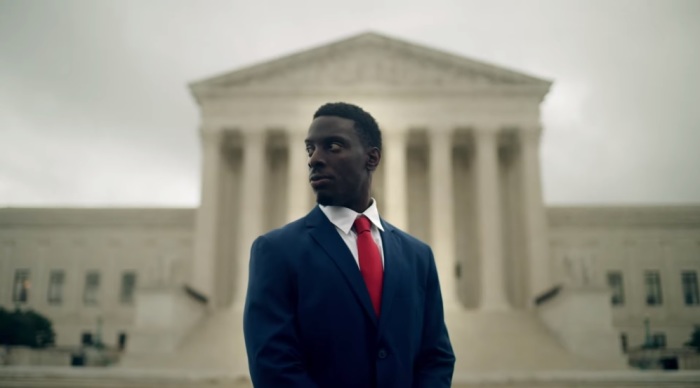Atheist group files brief supporting Christian student's right to evangelize on campus

An atheist group has filed a brief in support of a lawsuit against a Georgia college that punished a Christian student for preaching outside of a limited free speech zone on campus.
The American Humanist Association filed an amicus brief on Tuesday in the case of Uzuegbunam v. Preczewski, which will be argued before the United States Supreme Court.
The Alliance Defending Freedom, a conservative law firm, filed suit against George Gwinnett College for its treatment of Christian student Chike Uzuegbunam.
Although the school has changed their policy on free speech and expression since stopping Uzuegbunam from preaching, they have refused to accept any penalty for their past actions.
In their amicus brief, the AHA noted that while they and the ADF fall on opposite sides of the political spectrum, they believe that Gwinnett owes damages for their past policy.
“On the chopping block is a time-honored remedy essential to vindicating the most important rights in our country. Religious freedom—the cornerstone of our democracy—could become an empty promise without nominal damages,” read the summary of the AHA brief.
“Religion Clause violations rarely produce actual damages and often stem from easily-mootable laws. Taking away from citizens the only remedy available in many such cases jeopardizes the rule of law itself.”
AHA Executive Director Roy Speckhardt said in a statement released Tuesday that he believes people must “be given every chance to preserve their First Amendment rights.”
“While the AHA and ADF may approach the Constitution from different angles, at the very least we agree that First Amendment litigation and the associated rights are essential to our democracy,” he stated.
In July 2016, while a student at Gwinnett, school officials stopped Uzuegbunam on multiple occasions from distributing Christian literature at an outdoor plaza space on campus.
According to official school policy at the time, Uzuegbunam could only distribute literature or speak about his beliefs at two predetermined free speech zones on campus.
In response, ADF filed a legal action on behalf of Uzuegbunam and another student named Joseph Bradford against the college, accusing them of violating their rights.
In 2017, Gwinnett amended their policies regarding speech and expression, arguing that the complaint against them by Uzuegbunam and Bradford had become moot.
A district court ruled in favor of Gwinnett on the claim that the complaint was moot and a three-judge panel of the Court of Appeals for the Eleventh Circuit upheld its ruling last year.
In a Per Curiam decision released in July of last year, the panel concluded that the students’ complaint “did not include a well-pled request for compensatory damages, in part because it failed to allege any concrete injuries arising from the allegedly unconstitutional conduct of the GGC officials.”
ADF opted to appeal the panel decision and in July, the Supreme Court agreed to hear oral arguments in the case.





























